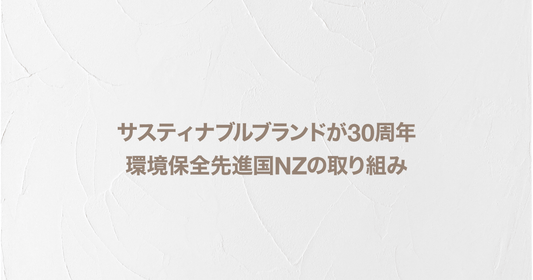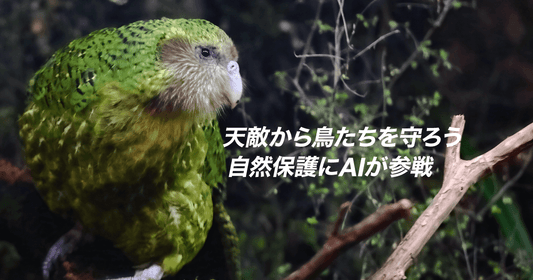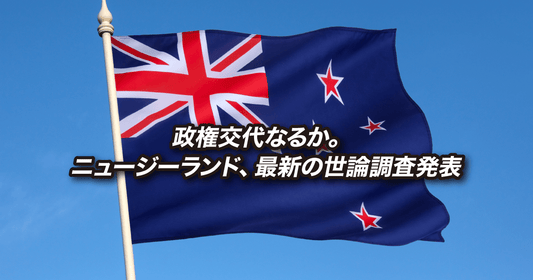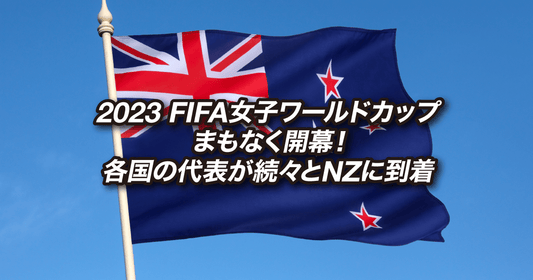In New Zealand, there has been repeated debate for many years about assisted dying and voluntary euthanasia.
The End of Life Choice Act passed the parliament with 69 votes in favor and 51 against in November last year. It has been decided that a referendum will be held in September this year to decide whether or not to legalize so-called Euthanasia, in which terminally ill patients who wish to receive assisted death by medication should be allowed to die.
Assisted dying What is assisted dying?
According to the End of Life Choice Act, assisted dying, or euthanasia, is when a doctor or nurse practitioner (an advanced nurse who can diagnose and prescribe) administers a lethal dose of medication to a terminally ill patient, helping them to end their life.
Yes, the key point here is "terminally ill patients" - not everyone can receive assisted dying if they wish.
- Being diagnosed with an untreatable illness
- Life expectancy is six months or less
- There is no hope for further treatment with current medical technology.
- Inability to alleviate pain
- Ability to understand and make decisions
The above are said to be the conditions for receiving euthanasia, and those who wish to die because they have an intellectual or physical disability, or are simply elderly, are excluded.
How does the public react to the legalization of euthanasia?
According to Research New Zealand, a research institute based in the capital, Wellington, more than 64% of New Zealanders are currently
How to end one's life with dignity should be a personal choice, and medical euthanasia should be one of those options.
He said he supports the legalization of euthanasia.
On the other hand, some people are opposed to euthanasia, fearing that the option may create pressure on people in vulnerable social positions, such as the disabled or sick.
For example, there are concerns that elderly people may be forced to choose euthanasia in order to reduce the burden of caring for their families, and that it is unclear how much impact legalizing euthanasia would have on people with disabilities. It is also thought that terminally ill patients who do not wish to end their life may be forced to justify the medical expenses and the burden of caring for their families.
Hospices and other facilities that provide palliative care and pain relief say that good palliative care can only be provided if there is a relationship of trust between the patient, their family, and the hospice staff, but some say that euthanasia undermines that relationship of trust.
The law came into effect one year after the referendum.
If more than half of voters vote in favour on September 19th, the law legalising euthanasia will come into effect one year after the referendum results.
Medical professionals who perform euthanasia cannot recommend euthanasia to the patient during treatment. It must be the patient's own wish and decision.
In order for a patient to be granted euthanasia, two doctors, one attending physician and one third party, must determine whether the patient meets the conditions for euthanasia and whether the patient has the capacity to make the decision to request euthanasia. If both doctors question the patient's capacity to make decisions, the patient will be referred to a psychiatrist for an evaluation.
If euthanasia is approved, the method and date of euthanasia will be decided. When euthanasia is actually performed, the patient's wishes will be confirmed again, and if the patient changes their mind, the procedure will be immediately canceled.
The official result of the referendum is due to be announced on October 9. If it passes, Switzerland will join several other countries, including some US states, the Netherlands, Belgium, Luxembourg, Canada, the Australian state of Victoria, and South Korea, which began a pilot program in 2017, that already allow assisted dying by another person.





